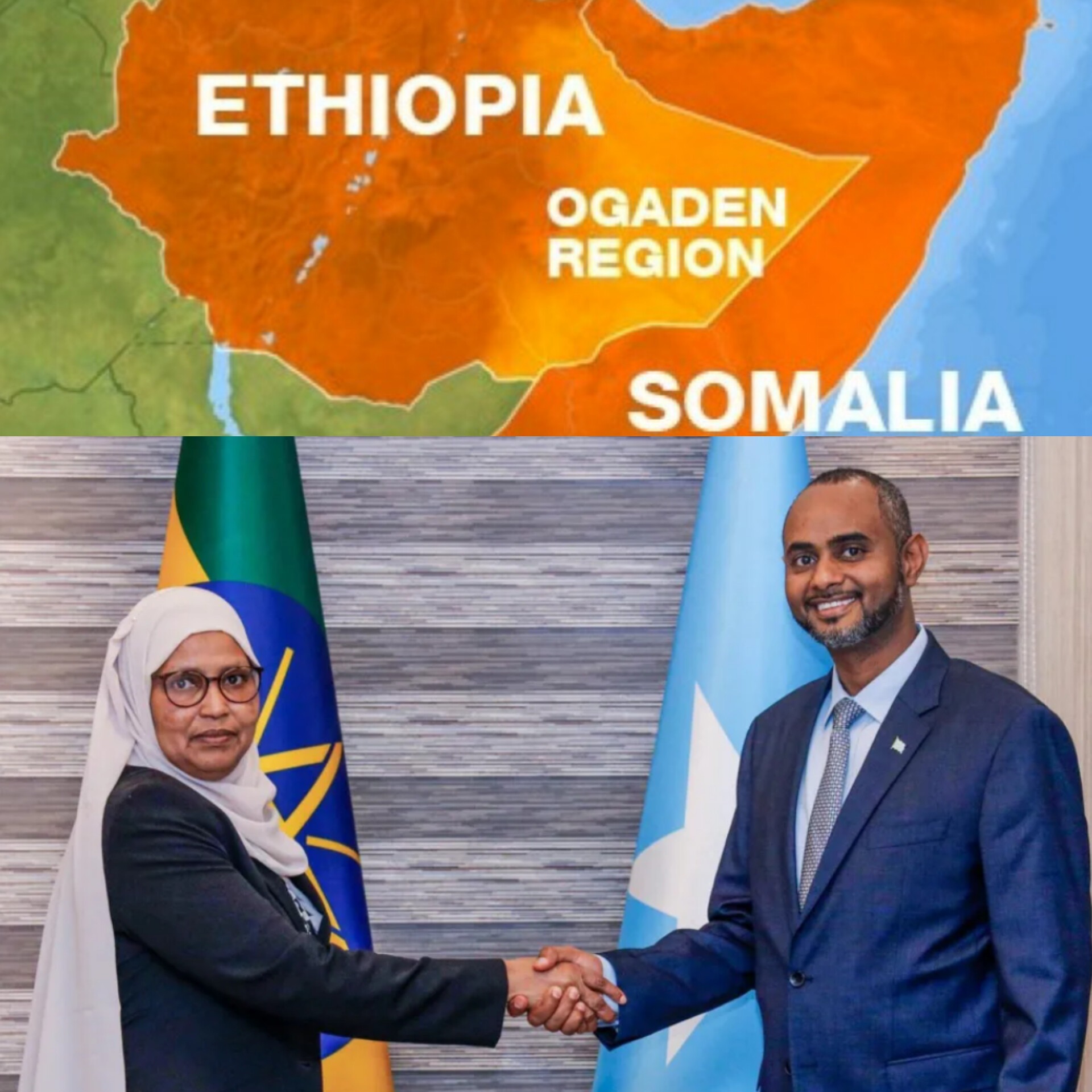Diplomatic Tensions Eased as Somalia, Ethiopia Resolve Maritime Dispute

Somalia’s Foreign Minister, Ahmed Moalim Fiqi, has announced the resolution of a protracted diplomatic dispute with neighbouring Ethiopia that had strained regional relations.
Speaking on state television, Fiqi emphasised that Somalia made no concessions during the negotiations.
While Ethiopia has not directly commented on Somalia’s claims, it confirmed that the two nations have agreed to strengthen their bilateral relations.
The dispute, which erupted in January 2024, centred on Ethiopia’s maritime agreement with Somaliland, a self-declared independent region that Somalia considers part of its territory.
This agreement, including Ethiopia’s plans for a naval base in Somaliland, was viewed by Somalia as a provocation and a violation of its sovereignty.
Relations appeared to reach a breaking point last year when Ethiopia allegedly promised to recognise Somaliland as an independent nation, a claim Addis Ababa neither confirmed nor denied.
The Somali government had even threatened to expel Ethiopian troops stationed in the country outside the African Union (AU) peacekeeping mission.
However, tensions began to thaw following a Turkey-brokered deal announced last month. This détente gained further traction on Friday with the visit of an Ethiopian delegation to Mogadishu, led by Ethiopia’s Defence Minister, Aisha Mohammed.
The delegation focused on discussions regarding the future of the AU peacekeeping mission in Somalia, where Ethiopia has thousands of troops.
In a joint statement, Ethiopia and Somalia agreed to collaborate on the peacekeeping mission and explore avenues for mutual cooperation.
The Ankara Declaration of 12 December 2024, facilitated by Turkey, marked a turning point in relations. Both countries committed to respecting each other’s sovereignty and agreed to reconvene in February 2025 for technical talks aimed at fostering economic and strategic partnerships.
A significant element of the Ankara Declaration was the provision for Ethiopia to gain sea access under Somalia’s sovereignty.
Somali state media reported that the contentious maritime agreement with Somaliland was “closed” following Somalia’s successful tabling of demands during negotiations.
Somaliland, which unilaterally declared independence over three decades ago, has long sought international recognition.
While Ethiopia’s position on its agreement with Somaliland remains unclear, the recent rapprochement with Somalia signals a shift in Ethiopia’s regional strategy.
The resolution of this dispute represents a diplomatic breakthrough for the Horn of Africa, averting potential regional conflicts.
It also underscores Turkey’s growing influence in mediating geopolitical tensions in Africa.
As the two nations prepare for February’s technical talks, the international community will closely watch how their commitments to mutual cooperation unfold.







